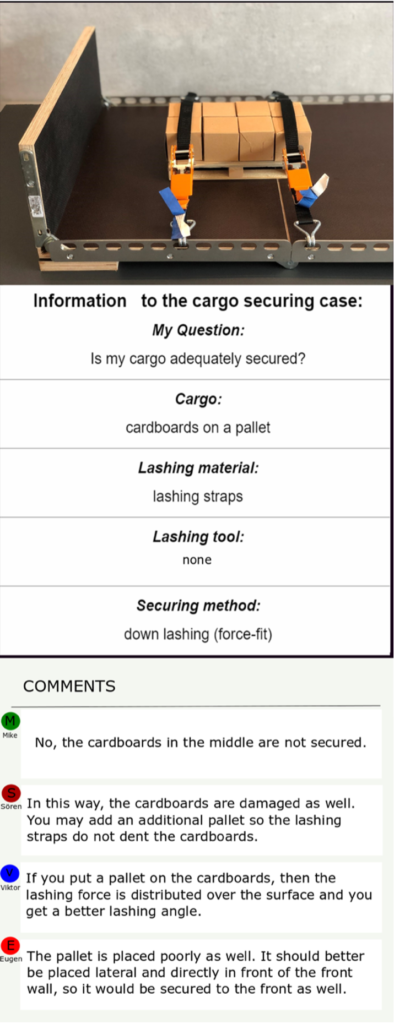About
Hsiang-Chin Wang

Travel is my spiritual food.
You can use your mouse and click on the country to find out when I visited that country for the first time.
This is me
- Digital Nomad
- Instructional Designer
- Online Teacher

Rich Teaching Experience
I teach Mathematics since when I was in the junior high school. Teaching math brings me a lot of accomplishment. In 2011 I finally got my teaching certificate in Mathematics.
German is the most difficult language that I have ever learn. But I feel very happy when I learned it. Fortunately I started my German teaching life in 2011 when I taught Mathematics in the Sacred Heart High School. Besides, I started to teach online since 2016.
English is one of the most popular languages in the world. It is a compulsory course in Taiwan. I have tutored English for many Taiwanese students, from elementary school students to college students, and I even have experience in teaching mathematics in English to local students in the Philippines.
I come from Taiwan. I was born in Kaohsiung. Mandarin and Fujian Dialect are my mother languages. I took the course to learn how to teach Chinese as second language in 2014.
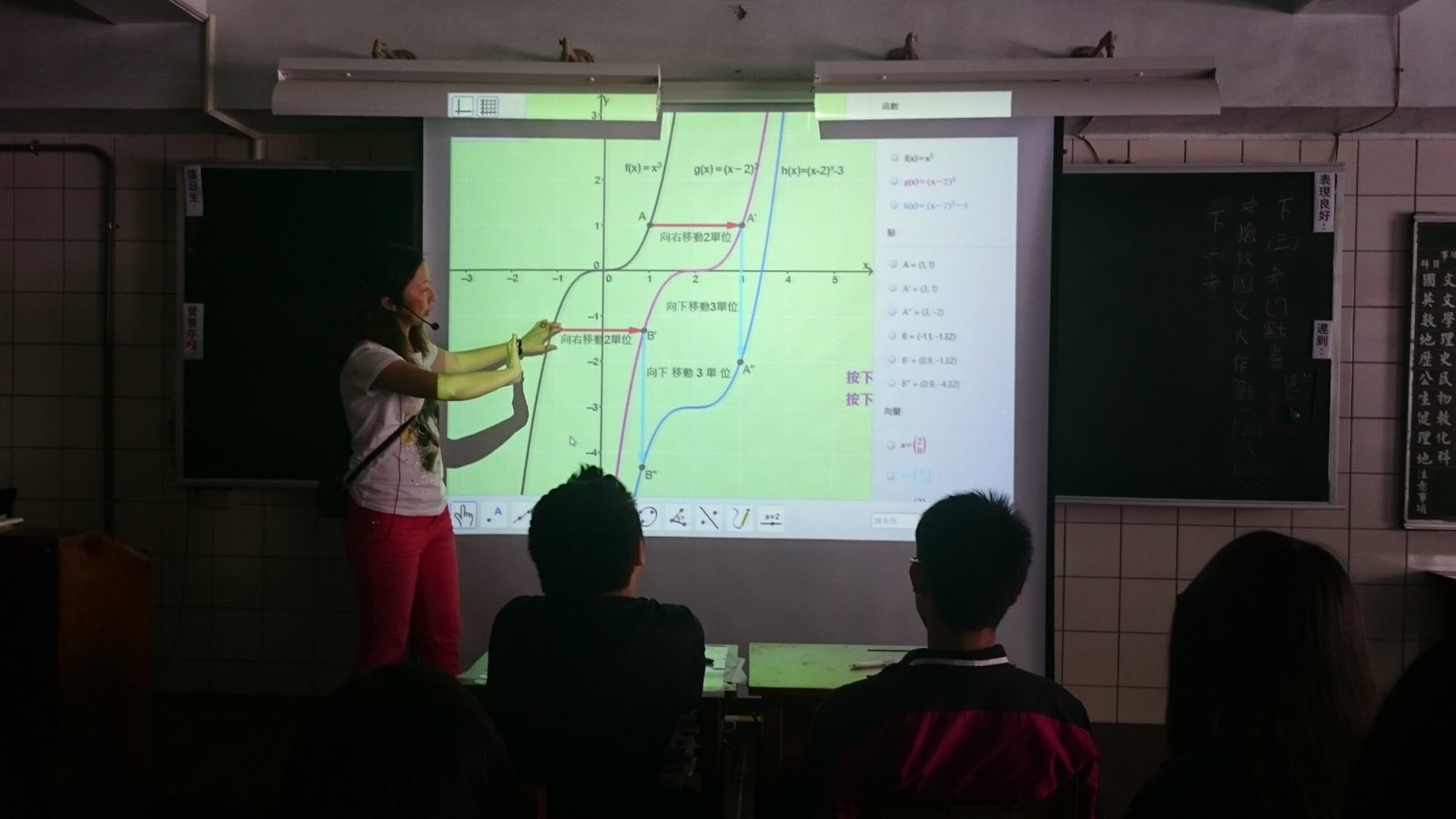
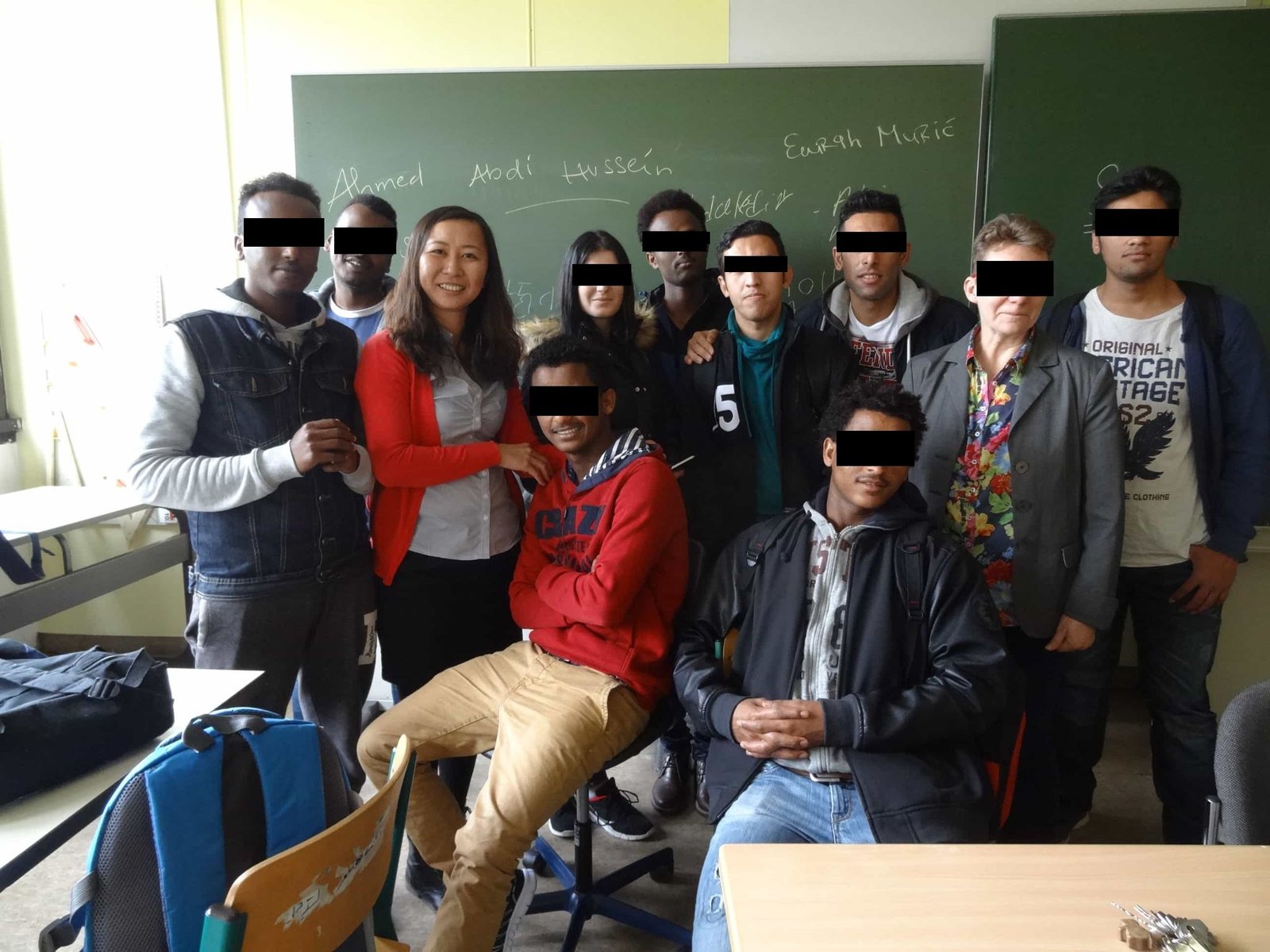
hosted more than 30 international events
- International day in Sacred Heart High School
- Partner school exchange students from Singapore, Germany, Canada, HongKong and so on
- Host family for Partner school exchange students
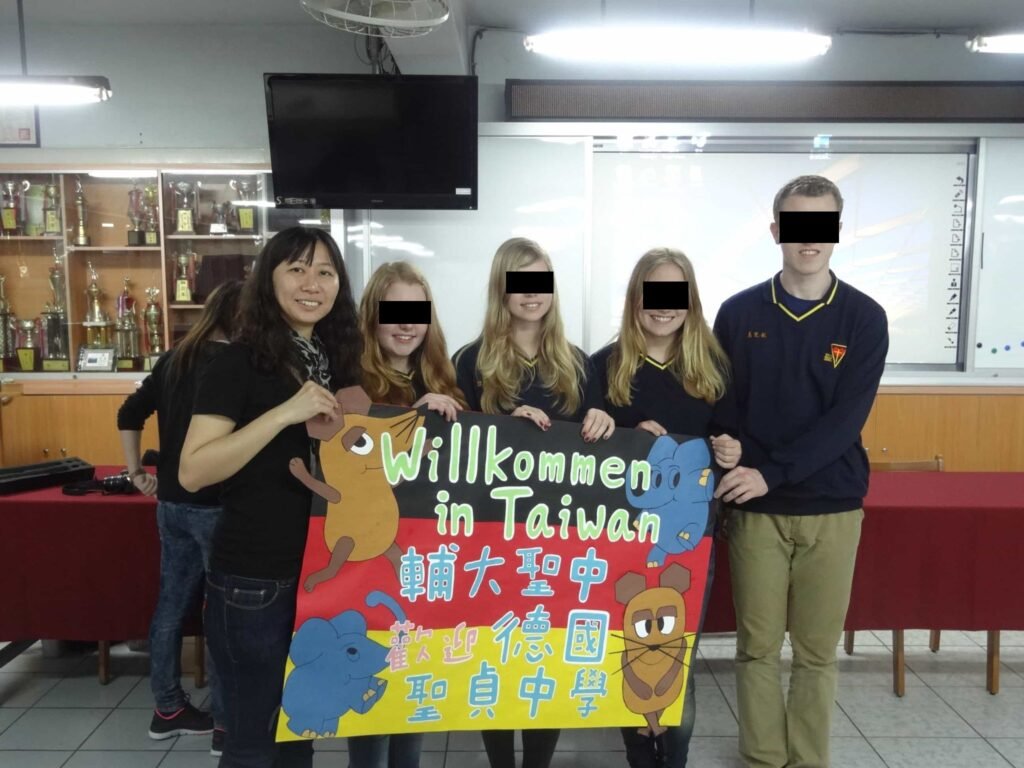
Master Thesis from Saarland University
Learning with Worked Examples of Correct and Incorrect Problem Solutions
microlearning, Cognitive Theory of Multimedia Learning, Cognitive Load Theory, erroneous worked examples, self-explanation prompts, truck-loading-safety
In the microlearning environment, this research, serving as a role of a pilot study for LaSiDig project[1], adopts a questionnaire survey method, 51 college students are taken as the participants, truck-loading-safety as the learning material, and 48 learners are evenly divided randomly into two groups: the correct problem-solution group and incorrect problem-solution group. The impact of open self-explanation prompts and scaffolded self-explanation prompts on learners’ learning performance and cognitive load is investigated. The independent variable of the experiment is the groups of correct problem-solution and incorrect problem-solution. The dependent variables are learning performance scores and cognitive load. The control variables are pre-test and learning motivation. The results of the multivariate analysis of variance (MANOVA) showed as follows: 1. Results of learning performances: the incorrect problem-solution group performed better than the correct group on the text multiple-choice questions in the post-test; however, the correct problem-solution group performed significantly better than the incorrect group under the scaffolded self-explanation prompt task. 2. Cognitive load analysis results: There is no significant difference in intrinsic cognitive load, extraneous cognitive load and, germane cognitive load between the correct and incorrect groups under the tasks of learning stage, open-ended self-explanation prompts, and scaffolded self-explanation prompts.
[1] LaSiDig project: https://lasidig.de/edu-sharing/components/oer
the correct problem-solution group
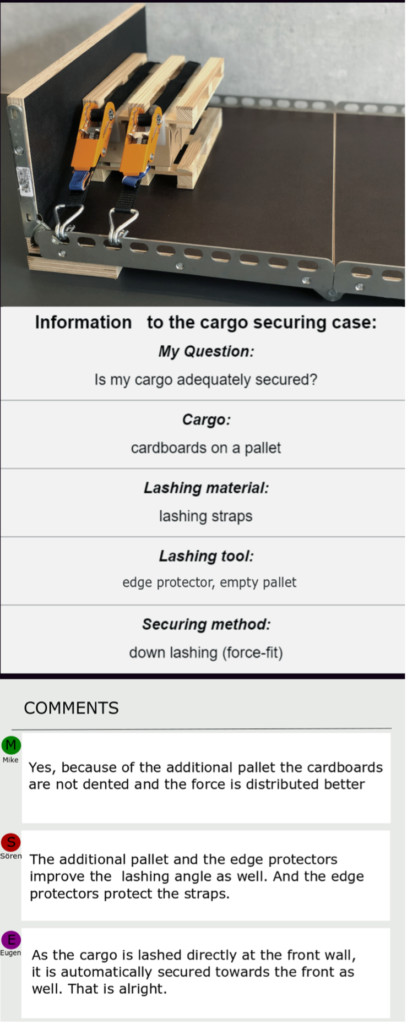
the incorrect problem-solution group
